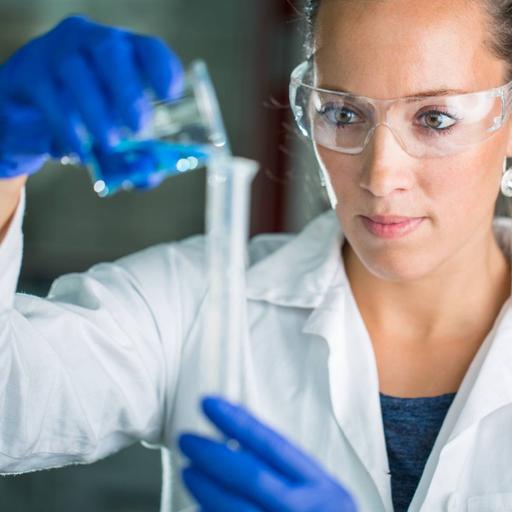Affinity Chromatography
Presentations | English
Affinity chromatography is a separation method based on a specific binding interaction between an immobilised ligand and its binding partner. Examples include antibody or antigen, enzyme or substrate, and enzyme or inhibitor interactions. Affinity chromatography is a separation process used to purify molecules or a group of molecules that are in a biochemical mixture. It employs two phases; a stationary phase and a mobile phase. Affinity chromatography separates proteins on the basis of an interaction between a protein and a specific ligand. The binding of the protein to a ligand attached to a matrix is reversed by either competition or by decreasing the affinity with pH and or ionic strength. Affinity chromatography relies on the specific and reversible binding of a protein to a ligand bound to the matrix, which is then referred to as an affinity resin. In selective affinity chromatography, a ligand specific for a covalently linked protein or tag is used.

6.50
Lumens
PPTX (26 Slides)
Affinity Chromatography
Presentations | English
